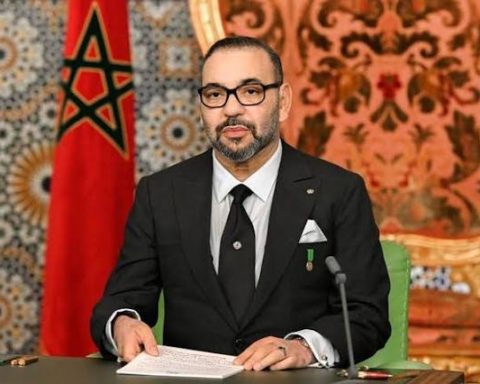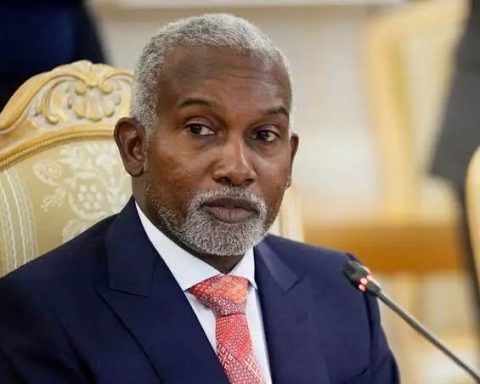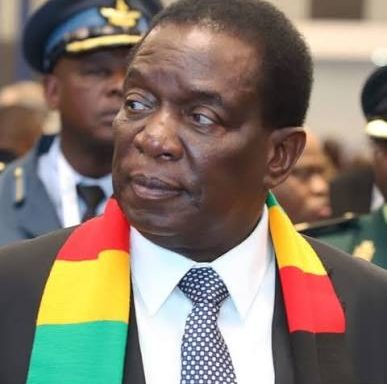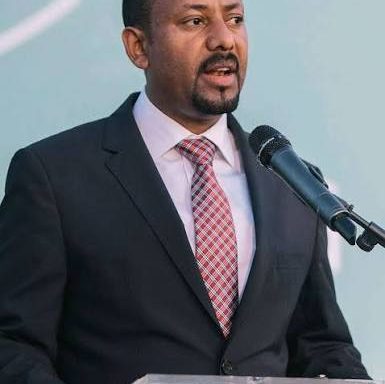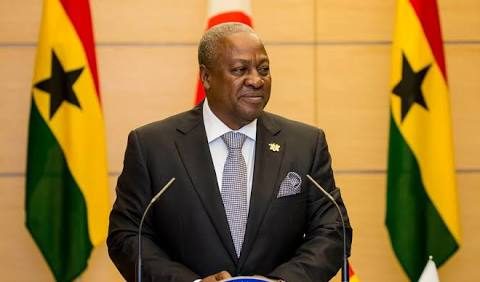The United Nations has reported a disturbing increase in sexual violence across global conflict zones, with four African countries identified as the worst affected on the continent in 2024.
The Central African Republic, the Democratic Republic of the Congo, Somalia and South Sudan were singled out in the Secretary-General’s annual report on conflict-related sexual violence, which confirmed a 25 per cent rise in verified cases compared to the previous year.
Join our WhatsApp ChannelAccording to the report, more than 4,600 survivors were subjected to sexual violence, the overwhelming majority of whom were women and girls. These acts, the UN states, are not incidental, but deliberate strategies used as weapons of war, repression and terror.
“These alarming figures are just the tip of the iceberg,” said Pramila Patten, the UN Special Representative on Sexual Violence in Conflict. “We are seeing systematic, widespread use of sexual violence as a tactic to punish and control communities.”
The report warns that true numbers are likely far higher, as underreporting remains a major obstacle. Survivors often face stigma, a lack of access to services and ongoing insecurity, particularly in rural and conflict-ridden regions.
Among the 21 countries covered in the report, the situation in the Democratic Republic of the Congo stands out. At least 800 cases were verified there, with the M23 rebel group responsible for a significant number of attacks. The group’s recorded assaults rose from 43 in 2022 to 152 in 2024. Another group, RED Tabara, was newly listed for committing mass rapes during cross-border operations.
READ ALSO: Africa’s Forever Presidents: The Leaders Who Won’t Let Go
In the Central African Republic, over 400 survivors were documented. These included 215 women and 191 girls, many of whom were victims of rape, gang rape, sexual slavery and forced marriage. The crimes were carried out by both armed groups and state-affiliated forces.
Across all four countries, women and girls accounted for 92 per cent of victims. However, men, boys, persons with disabilities and LGBTQ+ individuals were also targeted. Some of the victims were children as young as one year old. Patten emphasized that the violence documented was not random but strategic in nature. “These are not random acts of violence,” she said. “They are strategic and targeted tools of domination and terror.”
The report also draws attention to the growing number of cases involving sexual violence in detention settings. Men and boys in particular were subjected to rape and sexual abuse as methods of torture and coercion. In several regions, armed groups used sexual violence to control populations, enforce ideology and access resources. The UN has described this trend as a form of demographic warfare.
In addition to the acts of violence themselves, humanitarian access for survivors is increasingly under threat. Health centres and support services were attacked, obstructed or deliberately denied entry to affected areas, leaving thousands without care or protection.
“In many areas, survivors are left with no access to care, no justice, and no protection,” said Patten. “This is not just a crisis of violence, it is a crisis of impunity.”
The report names 63 state and non-state actors credibly suspected of ordering or committing acts of sexual violence. The United Nations is calling on the Security Council to activate sanctions against repeat offenders, especially in cases where prior commitments to halt such abuses have not been upheld.
Sexual violence is now recognized as a sanctionable offence under the UN’s counter-terrorism framework. However, while some groups have made formal pledges to end these crimes, enforcement remains weak and prosecutions are rare.
“The Security Council has passed six resolutions on this issue,” said Patten. “What survivors need now is not more words. They need action, protection and justice.”
The UN is urging the international community to act decisively. It is calling for the removal of all barriers to humanitarian assistance and the delivery of comprehensive support for survivors, including healthcare, psychosocial services and legal aid. It is also pressing for the integration of sexual violence prevention into peace processes and the prosecution of perpetrators at both national and international levels.
“We owe survivors more than solidarity,” Patten concluded. “We owe them a life of dignity and the full force of justice.”




